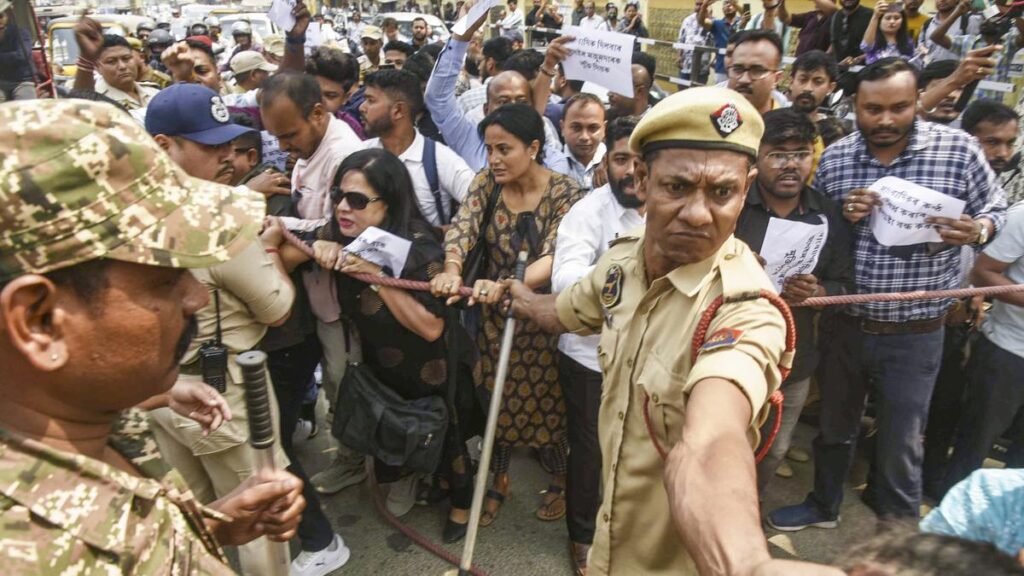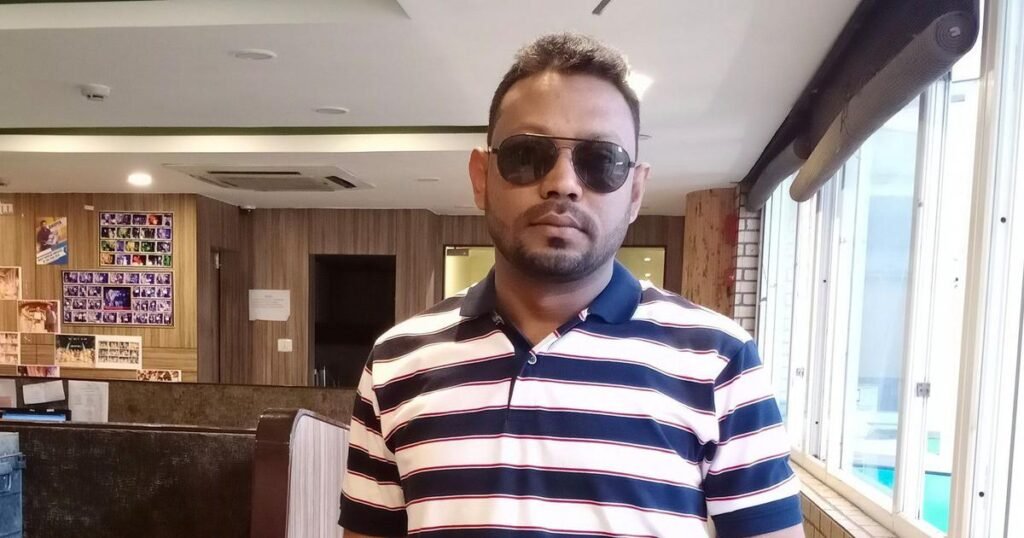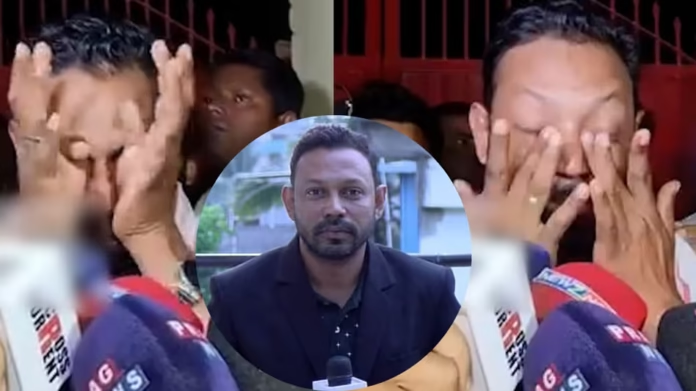In a significant development highlighting the ongoing challenges faced by journalists in India, Assam-based journalist Dilwar Hussain Mozumder has been released on bail following his arrest earlier this month. The case has sparked widespread discussions about press freedom, the role of media in a democratic society, and the legal protections afforded to journalists.
Background of the Case
Dilwar Hussain Mozumder, a seasoned journalist known for his investigative reporting, was arrested on charges that many in the journalistic community have deemed controversial. The specifics of the allegations have not been fully disclosed, but sources indicate that the charges pertain to his recent reports on local governance and administrative issues.
His arrest prompted immediate reactions from various journalist associations and civil society organizations, who viewed the move as an attempt to stifle independent journalism. Protests were organized in several parts of Assam, demanding his immediate release and calling for greater protections for journalists.
Legal Proceedings and Bail Grant
Following his arrest, Dilwar Hussain Mozumder was presented before a local court, where his legal team argued for his release on bail. They contended that the charges were unfounded and that his detention was a violation of his constitutional rights. After reviewing the case, the court granted him bail, citing insufficient evidence to warrant prolonged detention.

The bail decision has been welcomed by press freedom advocates, who see it as a reaffirmation of the judiciary’s role in upholding democratic principles. However, concerns remain about the broader implications of his arrest and the message it sends to other journalists operating in challenging environments.
Reactions from the Journalistic Community
The arrest and subsequent release of Dilwar Hussain Mozumder have elicited strong reactions from the journalistic fraternity. The Editors Guild of India issued a statement condemning the arrest and emphasizing the need for a free and independent press. They highlighted the increasing instances of journalists facing legal challenges for their work and called for systemic reforms to protect media personnel.
Local journalist associations in Assam have also voiced their concerns. Many have pointed out that such arrests create a chilling effect, discouraging reporters from pursuing critical stories that hold those in power accountable. They have urged the government to engage in dialogue with media representatives to address these issues constructively.
Broader Implications for Press Freedom
The case of Dilwar Hussain Mozumder is not isolated. Across India, there have been numerous reports of journalists facing legal action, harassment, and even violence for their reporting. These incidents raise serious questions about the state of press freedom in the country and the mechanisms in place to protect journalists.

International organizations, including Reporters Without Borders, have noted a decline in press freedom rankings for India in recent years. They attribute this trend to increasing pressures on journalists, both from state and non-state actors. The arrest of journalists like Dilwar Hussain Mozumder underscores the urgent need for comprehensive measures to safeguard media independence.
Government’s Stance and Future Outlook
In response to the backlash, representatives from the Assam government have stated that the arrest was conducted in accordance with the law and that due process was followed. They have emphasized the importance of maintaining law and order while also respecting the rights of individuals.
However, critics argue that the government must do more to ensure that journalists can operate without fear of reprisal. They advocate for the establishment of independent bodies to oversee cases involving media personnel and for the implementation of laws that specifically protect journalistic activities.
Conclusion
The release of Dilwar Hussain Mozumder on bail is a positive development, but it also serves as a stark reminder of the challenges faced by journalists in India. As the nation continues to grapple with issues of press freedom and democratic accountability, it is imperative for all stakeholders—government, judiciary, media, and civil society—to work collaboratively to create an environment where journalists can perform their duties without undue interference or fear.
Also Read: NASA-ISRO’s NISAR Project Reaches Milestone with the Arrival of Radar Antenna Reflector at Bengaluru












